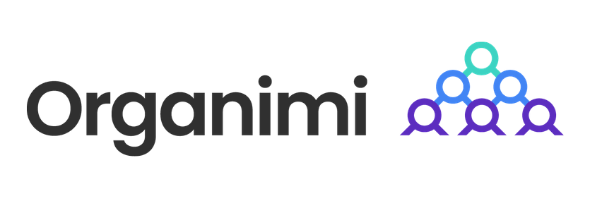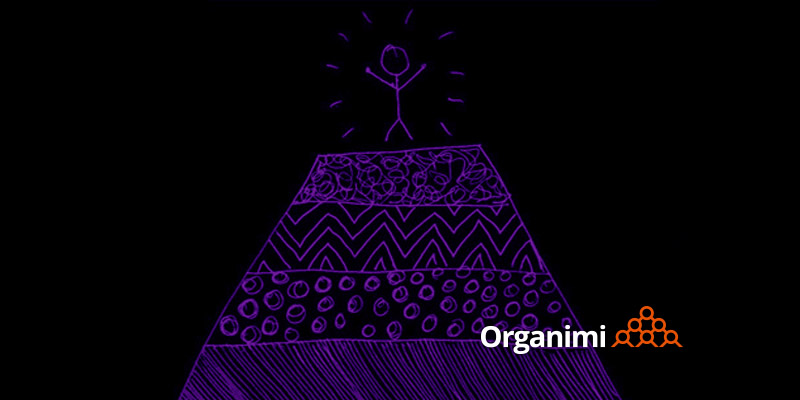I was 14 years old the first time I saw a young dead body. A boy I grew up with jumped off his balcony. I stood over the body at the viewing wondering what his skin felt like and where he had gone.
I was not surprised at his decision. Our neighbourhood was not a nice one and many of my close friends at the time – myself included – grew up in violent and neglectful households – torture to a sensitive soul.
Over a decade later, I was living in a neighborhood I loved and working in an office I liked, when I got an unexpected phone call. A close friend decided to jump off a bridge after hours of the local police trying to talk him out of it.
But this friend had a steady upbringing and was a successful model, actor and singer. He had loving parents, contracts with some of the biggest designers in the world and spent his time dating young Hollywood and going to exclusive parties.
While I knew that happiness could not be found in beauty, wealth or fame, it still surprised me how much sadness could be found in these things.
Today, in many countries around the world we have access to the best education, medicine, financial support and the latest technology. We get to travel with ease and flush our toilets without a second thought. We don’t have to forage for food, sew our own clothes or build our own homes. And yet we are not happy.
According to Yuval Noah Harari, esteemed historian and international best-selling author, more people die today from eating too much than eating too little, more people die today from old age than infectious diseases and more people die today from committing suicide than are killed by crime, terrorism and war put together.
In his TED interview Harari even says today for the first time in history, statistically you are more likely to be killed by yourself than any other person in the world.
So what is it that we are missing? As we move up Maslow’s Hierarchy of Needs and are no longer scrambling for basic necessities and safety, shouldn’t we be enjoying the process of self-actualization?
I believe the answer is in the question. Self-actualization is about the Self. Our relationship with the world around us – all of the excess and abundance – is still informed first by our relationship with ourselves. If this relationship is broken, fractured or incomplete, our sense of dissatisfaction remains dominant no matter how many great things we experience.
According to social scientist and best-selling author, Vanessa Van Edwards, the idea of happiness is often associated with words like pleasure, excitement and joy. But in reality, her studies show that true happiness comes from whether or not we have control, feel capable and are able to optimize.
In other words, we must feel powerful to be happy. Not the common idea of power, which usually involves having power over other people and influence in the world. But power as in, we feel capable of handling any situation that life throws our way, we feel confident in our ability to navigate challenges and communications and we feel assured that we can manifest opportunities and create favorable conditions for ourselves and others.
But we don’t learn these things over night. In fact, we began learning these things the day we were born. The challenge is that some of these qualities may have been affirmed in us, while most of the time; these qualities were neglected or even discouraged as we were growing up.
‘Good’ parents say things like, “Okay honey, are you sure you want to do this? Are you sure you’re going to be okay?” Instead of, “That’s a great idea. I’ll be here if you need me. Have fun.”
The first way of communicating –while considered normal – instills subtle fear, doubt and insecurity that builds up over time and can lead to a crippled sense of self as an adult. The worst part is, the adult child has no idea why they often feel down because they had a ‘great’ upbringing and didn’t notice the slow, subtle tearing away of their confidence.
Blatantly abusive parents may call their children things like stupid, lazy and incapable.
Both the ‘good’ parent and abusive parent, in these examples, instill a lack of self-reliance in their children and often a child continues to speak to themselves the same way they were spoken to, long after they become adults.
This common challenge, plus the variety of traumas we may experience, and the influence of media and popular culture, all work together and hijack the healthy relationship with ourselves that we could be having.
No matter how full or lacking our beginnings may have been, we all have areas where learning how to re-mother and father ourselves could benefit us and help us build our ultimate sense of security – from the ground up. Learning to provide for, protect, nurture and soothe ourselves emotionally, intellectually and physically will begin repairing all the fractures, brakes and missing pieces – creating a strong foundation to stand on.
If we don’t know what to do when we are down, or how to soothe our anxieties or how to speak to ourselves gently, we will never feel our best. Continuously reaching for our next accomplishment or acquisition will not take away our pain – which most of us are starting to realize.
Maybe this is the missing piece of the puzzle. Maybe if we start from the beginning, we will also learn how to thoroughly live life again fully self-expressed as we actually enjoy all the food, technology, travel, old age and friendship that surrounds us.
Love Mala
It’s Cool To BE Happy

